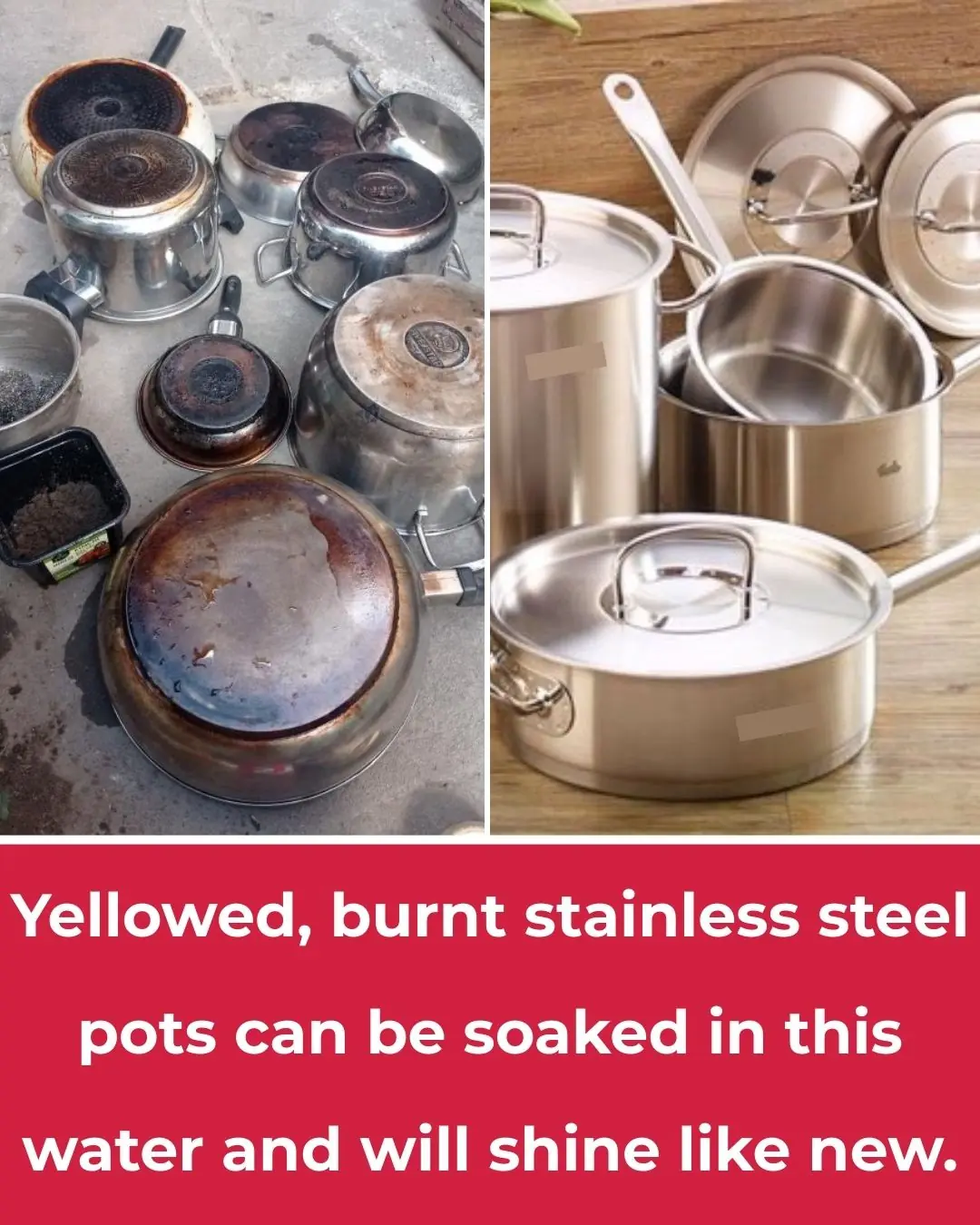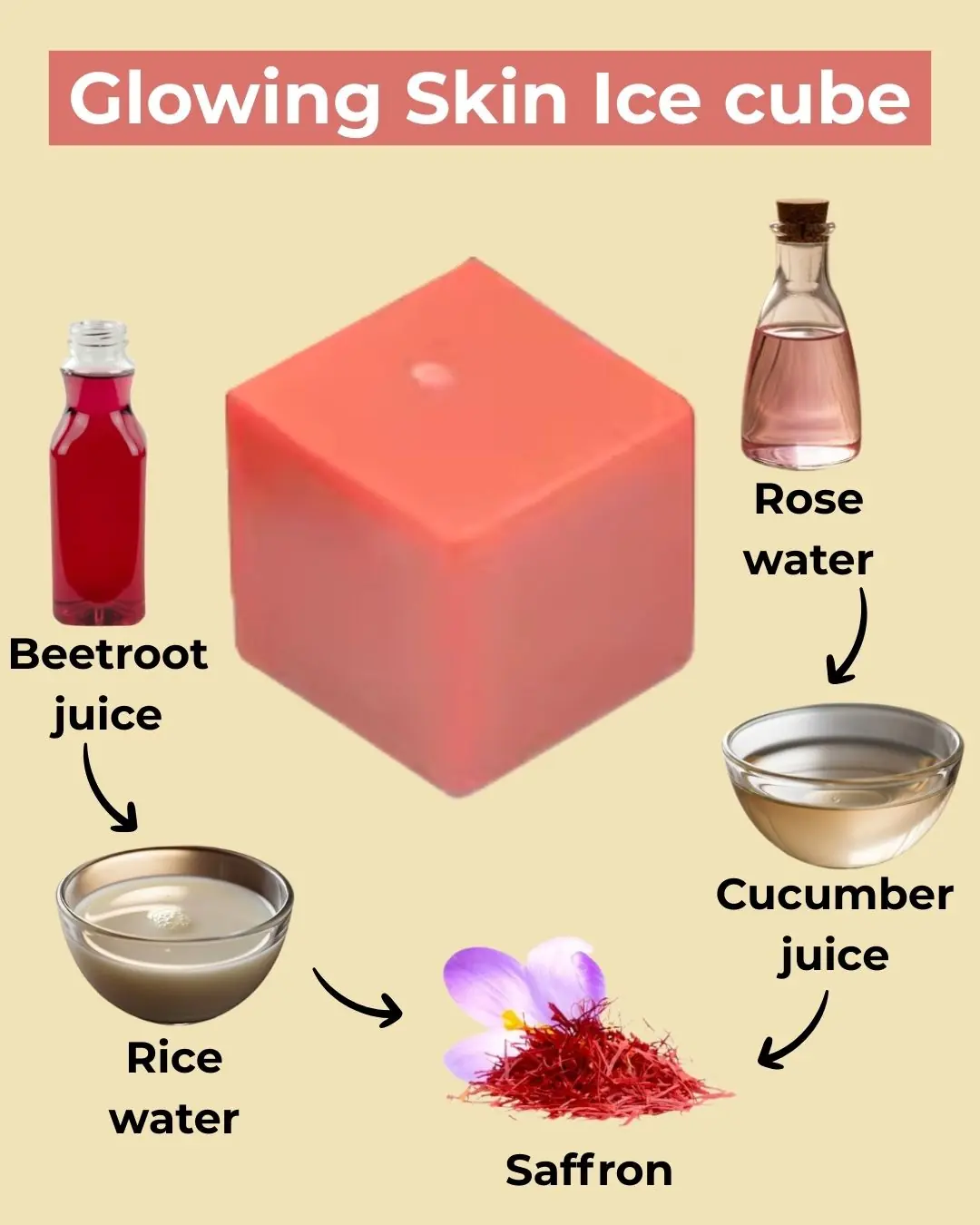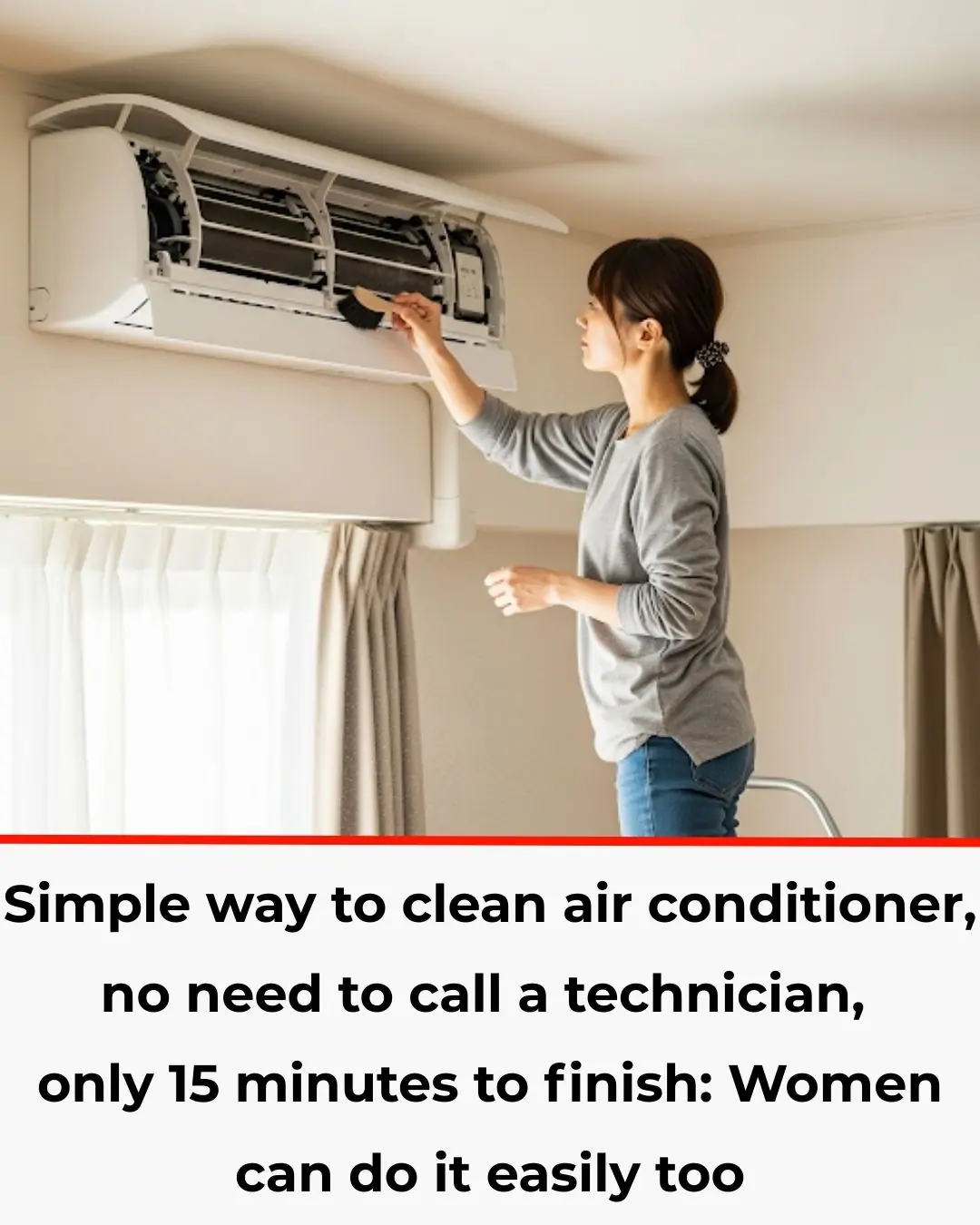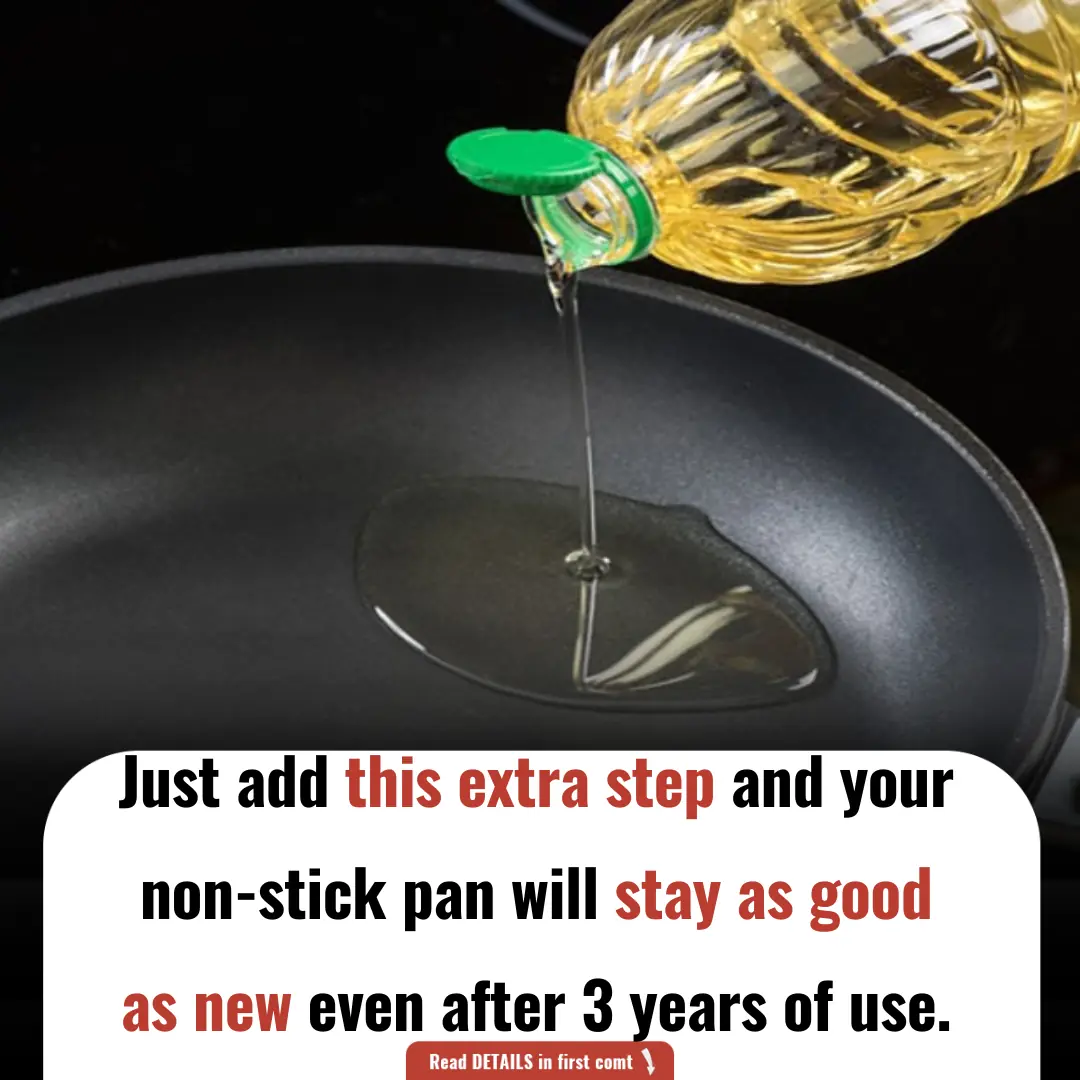
The air conditioner's condenser makes a loud noise like grinding rice. Don't call a repairman and waste money. Make the machine run smoothly and it won't cost you money

Outdoor AC Unit Sounds Like a Rice Mill? Don’t Rush to Call a Technician—Try These Simple Fixes First
It’s quite common for households to encounter a noisy outdoor air conditioner unit during the summer months, especially when demand for cooling skyrockets. The loud grinding or buzzing sound—sometimes compared to a rice mill—can be alarming, but it doesn’t always mean your AC is broken.
Before you spend money calling a technician, there are a few simple checks and fixes you can try yourself. Many of these issues are minor and can be resolved quickly, restoring your AC system to smooth, quiet operation without unnecessary costs.
1. Missing or Worn Rubber Pads

The most common cause of excessive noise and vibration comes from missing or deteriorated rubber pads (also called mounting gaskets). Since the outdoor unit is exposed to harsh weather conditions like rain, sun, and wind, the pads under its base can harden, crack, or completely wear out over time. This creates gaps that lead to rattling and shaking noises.
Loose bolts on the mounting base can make the problem worse, especially when the fan spins at high speed. If this happens, simply replacing the rubber pads or tightening the bolts usually fixes the issue. If the installer originally skipped installing these pads, that’s a sign of poor workmanship—and you should reconsider hiring that technician again.
2. Outdoor Unit Hasn’t Been Cleaned in a Long Time
Many homeowners regularly clean the indoor AC unit but forget about the outdoor condenser. Dirt, dust, and debris easily accumulate outside, reducing efficiency and causing the fan to strain. When the fan struggles, it often produces loud, unpleasant noises.
A simple cleaning with water and a brush (after switching off the power) can work wonders. Ideally, the outdoor unit should be cleaned at least once or twice during the summer, especially in dusty urban environments. Not only does this reduce noise, but it also helps the AC run more efficiently and last longer.
3. Foreign Objects Inside the Outdoor Unit

It’s not unusual for lizards, small rodents, or random objects like leaves and twigs to fall into the condenser. These can get stuck in the fan, preventing it from spinning smoothly. In some cases, you may also notice a foul odor along with the noise.
If you suspect something is stuck inside, turn off the unit and carefully inspect the fan area. Remove any debris immediately to prevent further damage. Regularly checking for intrusions can save you from costly repairs later.
4. Faulty Fan or Lack of Lubrication
The outdoor fan can also be the source of the noise. After long use—especially during the rainy season—fan blades may absorb moisture, become imbalanced, or even crack. Bearings inside the motor may also dry out when lubrication wears off, causing squeaking or grinding sounds.
In some cases, electrical wires inside the unit may brush against the spinning blades, creating both noise and safety hazards. If you notice damaged blades or persistent noise even after cleaning, the fan assembly may need repair or replacement.
5. Poor Installation by Technicians
Another overlooked cause of noisy AC units is improper installation. The outdoor condenser is heavy, with most of its weight concentrated on one side (the compressor block). If the mounting bracket isn’t reinforced properly on both sides, the unit becomes unbalanced, leading to rattling noises when the fan runs at high speed.
Unfortunately, some technicians cut corners by only securing one side of the bracket. Over time, the imbalance worsens, and the AC becomes louder. If you notice this issue, check that the bracket is firmly fixed and balanced. Insist that your technician corrects the installation—otherwise, the noise will continue and may even shorten the lifespan of the system.
Final Thoughts
A noisy outdoor AC unit doesn’t always mean something serious is wrong. In many cases, it’s simply worn rubber pads, accumulated dirt, or a loose bracket—issues you can check and fix yourself. Regular maintenance, like cleaning the condenser and inspecting the fan, not only prevents noise but also helps your air conditioner run more efficiently and last longer.
However, if you’ve tried these solutions and the noise persists, it may be time to call a qualified technician. At that point, the problem could involve internal parts such as the compressor or motor bearings, which require professional repair.
By handling the simple fixes yourself first, you can save money, avoid unnecessary technician visits, and keep your AC running smoothly all summer long.
News in the same category


Vaseline Uses and Benefits for Skin, Lips and Hair | Petroleum Jelly Benefits

Clove benefits for Skin – Clove Oil, Clove Gel & Clove ice cubes

Yellowed, burnt stainless steel pots can be soaked in this water and will shine like new

Homemade Tonic For Thick Hair Growth

Potato Under Eye Gel: Get Rid Of Dark Circles Fast

Cut a plastic bottle in half and leave it in the sink: Great uses, many people will regret not knowing about it sooner

4 simple, effective and inexpensive tips to clean yellow sweat stains on white shirts

Coconut Oil for Hair Growth – Add this in your Hair Oil

Homemade Okra Face Gel – Collagen Gel for Glowing Skin

Clove Chia Collagen Drink: Boost Collagen With Every Drink

DIY Aloe Vera and Clove Toner: A Natural Remedy for Aging Signs

🥥 15 Compelling Reasons to Include Coconut Water in Your Daily Routine

🌿 30 Remarkable Benefits of Avocado Leaves

🌿 Natural Collagen Boost: Garlic Remedy for Smoother Skin

✨ Brighten Your Smile Naturally: A Simple DIY Teeth Whitening Remedy

🌟 DIY Collagen Ice Cubes for Radiant Skin

🌿 3 Natural Home Remedies to Remove Skin Tags Safely
News Post

Seniors: Take This for 5 Nights and See What Comes Out in Your Stool!

Clove benefits for Skin – Clove Oil, Clove Gel & Clove ice cubes

The Surprising Benefits of Overnight Tea: A Wasteful Habit You Might Not Know About

How to Clean Limescale Off Your Faucet in Just 25 Seconds with a Simple Trick

How to Clean Your Air Conditioner Easily in Just 15 Minutes — No Technician Needed, Even Women Can Do It Effortlessly

How to Keep Your Non-Stick Pan as Good as New for 3 Years: Simple Tips and Tricks

Using Electric Kettles to Boil Water: 9 Out of 10 Households Make This Mistake — Remind Your Loved Ones to Fix It Early

These 3 types of “acne” on the body could be cancerous; whether male or female, no matter the age, don’t ignore them.

Why Some People Can’t Handle Spicy Food

The hidden meaning of thumb rings: what they represent for women vs. men

The Small Hole on the Sink: A Feature You Never Knew You Needed

🌅 Three Morning Symptoms That Could Be Early Warning Signs of Cancer

Woman shares ’embarrassing’ symptoms she regrets hiding from doctors as she’s diagnosed with incurable cancer

Concerned Woman: Beware of Abandoned Prams on Roadsides!

Your Character According to Your Sitting Style

They say the eyes are the windows to the soul — but what about the mind’s eye?

Should You Eat Rice for Breakfast

Japan has a Lower Rate of Breast Cancer than the U.S. – This Nutrient Makes the Difference

How To Do a 3-Day Sugar Detox to ACCELERATE Fat Loss And Improve Your Mood!
